adding raw manure to fruit trees
thomis
15 years ago
Featured Answer
Comments (22)
alan haigh
15 years agothomis
15 years agoRelated Professionals
Glendora Landscape Architects & Landscape Designers · Palm Springs Landscape Architects & Landscape Designers · Redondo Beach Landscape Architects & Landscape Designers · Sand Springs Landscape Architects & Landscape Designers · Wakefield Landscape Contractors · Canby Landscape Contractors · Pleasanton Landscape Contractors · Selden Landscape Contractors · Tehachapi Landscape Contractors · West Chester Landscape Contractors · West Palm Beach Landscape Contractors · Wethersfield Landscape Contractors · Eastlake Landscape Contractors · Camp Springs Landscape Contractors · Shafter Landscape Contractorsalan haigh
15 years agotheaceofspades
15 years agoBeeone
15 years agoglib
15 years agoalan haigh
15 years agoolpea
15 years agoMichael
15 years agotheaceofspades
15 years agoalan haigh
15 years agogonebananas_gw
15 years agoEmbothrium
15 years agoalan haigh
15 years agoMichael
15 years agothomis
15 years agogeraldo_linux
15 years agoalan haigh
15 years agogeraldo_linux
15 years agofruithack
15 years agoglib
15 years ago
Related Stories

EDIBLE GARDENSHow to Grow 10 Favorite Fruit Trees at Home
Plant a mini orchard in fall, winter or early spring to enjoy fresh-off-the-tree fruit the following year
Full Story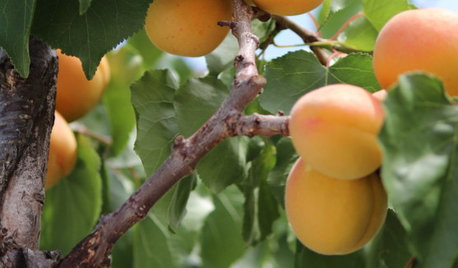
FARM YOUR YARDIf You Have Room for Only One Fruit Tree ...
Juice up a small garden with one of these easier-care or worth-the-effort fruit trees for a mild climate
Full Story
GARDENING GUIDESHow to Keep Your Citrus Trees Well Fed and Healthy
Ripe for some citrus fertilizer know-how? This mini guide will help your lemon, orange and grapefruit trees flourish
Full Story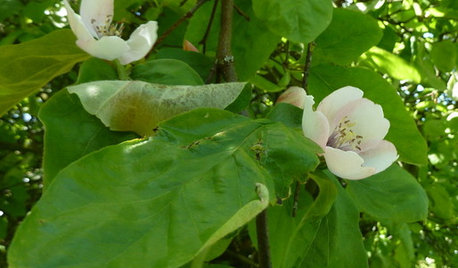
EDIBLE GARDENSWhy Grow Quince? For Beauty, Fragrance and Old-Time Flavor
Delightfully perfumed fruit and lovely spring blossoms make this apple and pear cousin worth a spot in the garden
Full Story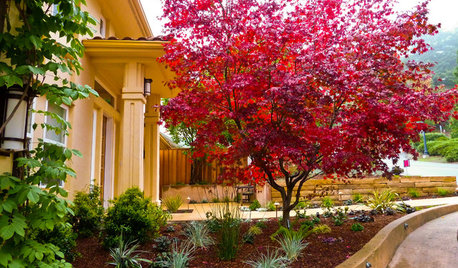
LANDSCAPE DESIGN7 Great Trees for Summer Shade and Fall Color
These landscape-pro faves straddle the seasons beautifully. Could one enhance your own yard?
Full Story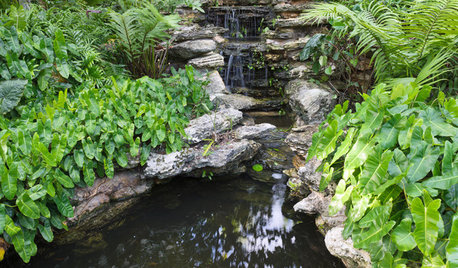
LANDSCAPE DESIGNRecipe for Tropical Edible Garden Style
Appeal to exotic good taste with fruit trees, palms and tropical look-alikes in your temperate-climate garden
Full Story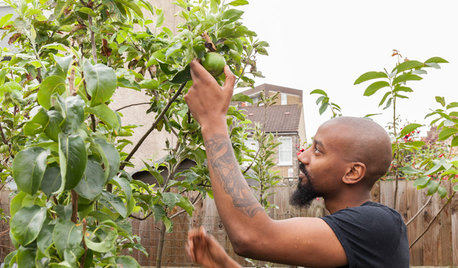
GARDENING GUIDESLush, Foodie Abundance in a Small Urban Garden
This modest backyard garden provides its owner with fruit and vegetables all year round, thanks to an innovative low-maintenance approach
Full Story
EDIBLE GARDENSHow to Grow Your Own Sweet Summer Crops
This guide will help any gardener get started on growing the freshest warm-season veggies and berries for summer
Full Story
EDIBLE GARDENSSummer Crops: How to Grow Tomatoes
Plant tomato seedlings in spring for one of the best tastes of summer, fresh from your backyard
Full Story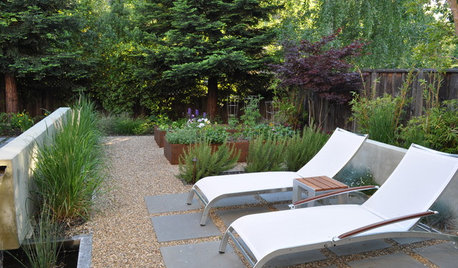
URBAN GARDENSHarvest the Bounty of a Patio Garden
Make the most of small spaces on decks and balconies to enjoy your pick of vegetables, fruits and herbs
Full StoryMore Discussions






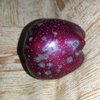
alan haigh